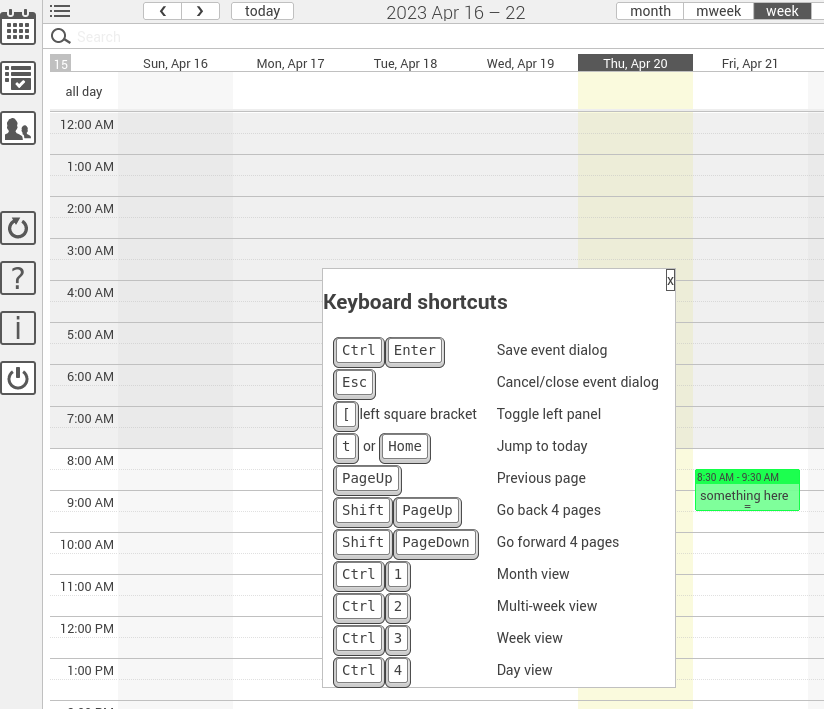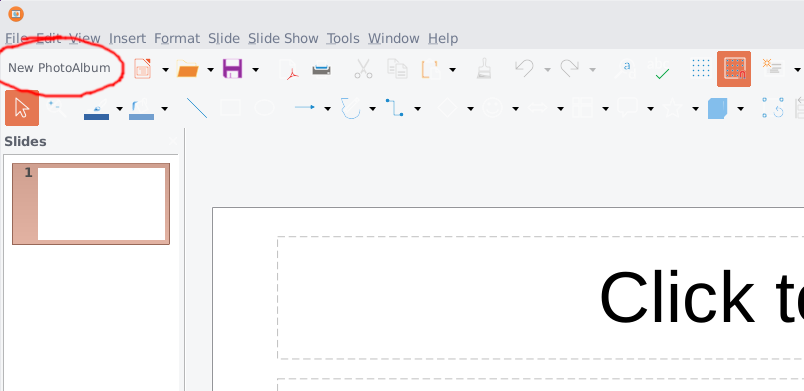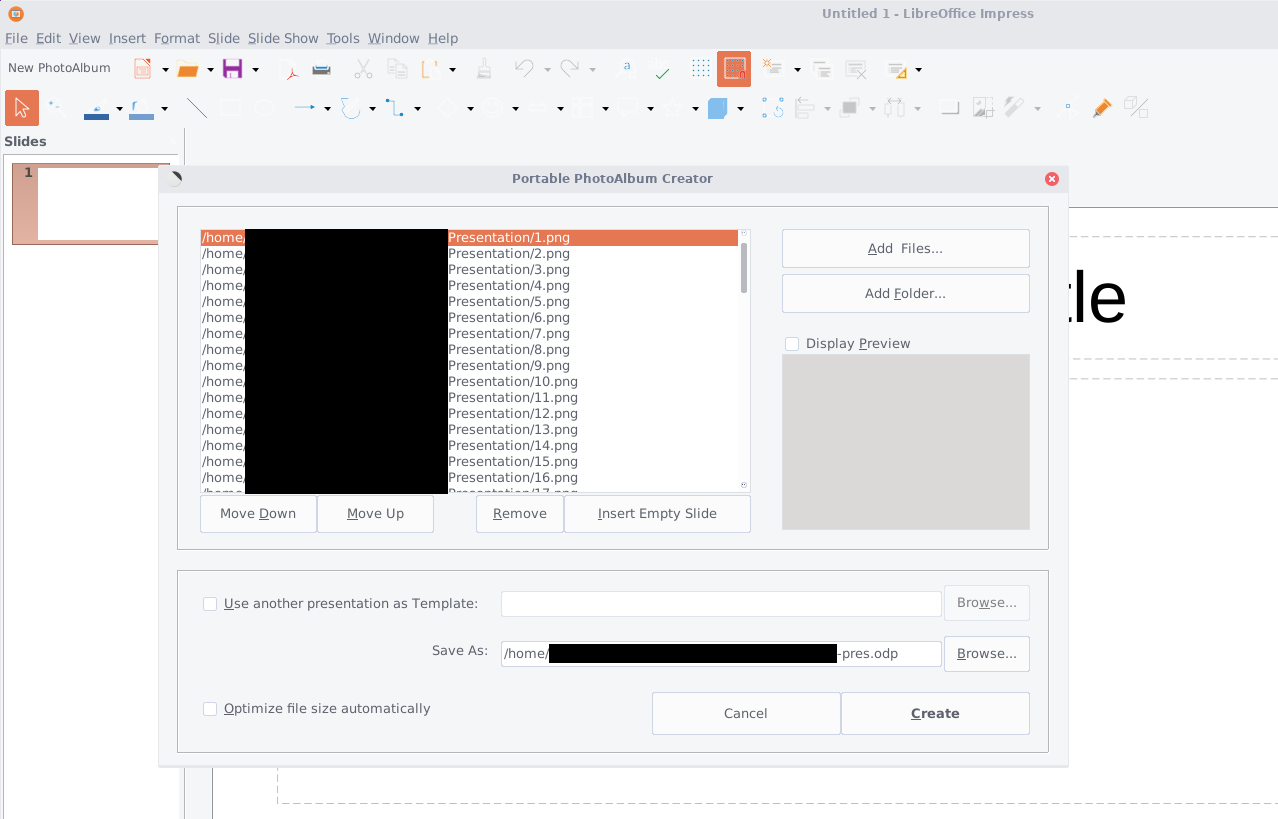|
#!/usr/bin/env python3
|
|
# File: eplib.py
|
|
# Location: /mnt/public/Support/Programs/themoviedb
|
|
# Author: bgstack15
|
|
# Startdate: 2023-04-19-4 13:51
|
|
# Title: Episode CSV Generator
|
|
# Purpose: facilitate my csv list of episodes of a TV show
|
|
# History:
|
|
# Usage:
|
|
# source ~/venv1/bin/activate ; cd /mnt/public/Support/Programs/themoviedb/
|
|
# python3
|
|
# >>> import importlib, eplib
|
|
# References:
|
|
# 1. https://pypi.org/project/tmdbv3api/
|
|
# 2. https://stackoverflow.com/questions/517923/what-is-the-best-way-to-remove-accents-normalize-in-a-python-unicode-string
|
|
# Improve:
|
|
# Dependencies:
|
|
# One time:
|
|
# python3 -m venv ~/venv1
|
|
# source ~/venv1/bin/activate
|
|
# pip3 install tmdbv3api
|
|
from tmdbv3api import TMDb, TV, Season
|
|
import os
|
|
tmdb = TMDb()
|
|
tmdb.language = "en"
|
|
tmdb.debug = True
|
|
tv = TV()
|
|
|
|
def set_api_key(filename = None):
|
|
""" Given a filename (or use hardcoded default file if None), load api key from file. """
|
|
if filename is None:
|
|
filename = "/mnt/public/Support/Programs/themoviedb/apikey"
|
|
try:
|
|
with open(filename,"r") as o:
|
|
tmdb.api_key = o.read().rstrip('\n')
|
|
except:
|
|
return -1
|
|
return 0
|
|
|
|
### Ripped from ref 2
|
|
from unicodedata import combining, normalize
|
|
LATIN = "ä æ ǽ đ ð ƒ ħ ı ł ø ǿ ö œ ß ŧ ü "
|
|
ASCII = "ae ae ae d d f h i l o o oe oe ss t ue"
|
|
def remove_diacritics(s, outliers=str.maketrans(dict(zip(LATIN.split(), ASCII.split())))):
|
|
return "".join(c for c in normalize("NFD", s.translate(outliers)) if not combining(c))
|
|
### end ref 2
|
|
|
|
# bgstack15 function
|
|
def filename_safifier(s):
|
|
""" Cruddy detox for myself. Should consider using my customized detoxrc """
|
|
return remove_diacritics(s.replace("'","").replace('"',"").replace("...","").replace(",","").replace(":","_").replace("!","").replace(".","").replace("?","").replace("&","and").replace("/","_"))
|
|
|
|
def get_tv_details(show_id):
|
|
""" Uses web connection to get details of the item, either id number or show name """
|
|
if show_id.isdigit():
|
|
details = tv.details(show_id)
|
|
else:
|
|
show_temp = get_tv_search(show_id)
|
|
try:
|
|
details = tv.details(show_temp[0]["id"])
|
|
except:
|
|
print("Invalid TV show name. Found these names though:")
|
|
for i in show_temp:
|
|
print(f"id {i['id']}: {i['name']}")
|
|
return -1
|
|
return details
|
|
|
|
def get_tv_search(show_id):
|
|
""" Uses web connection to search for item, probably the name of the show """
|
|
return tv.search(show_id)
|
|
|
|
def get_episodes_for_show(show_id = "", include_specials = False):
|
|
"""
|
|
Given a show id (can be show_id integer, show name string, or a TV().details object), return useful list of episodes. If given show_id is a TV().details object, use that to avoid all the web calls. Example:
|
|
a = TV().details(1855)
|
|
get_episodes_for_show(a)
|
|
OR
|
|
a = get_tv_details("Star Trek Deep Space Nine")
|
|
get_episodes_for_show(a)
|
|
If include_specials, then also list episode titles and airdates for these special features but they still are not counted as absolute episode numbers.
|
|
"""
|
|
if type(show_id).__name__ == "AsObj":
|
|
#if show_details is not None:
|
|
show = show_id
|
|
else:
|
|
if show_id.isdigit():
|
|
# IMPROVE: accept show name?
|
|
show = get_tv_details(show_id)
|
|
else:
|
|
show_temp = get_tv_search(show_id)
|
|
try:
|
|
show = get_tv_details(show_temp[0]["id"])
|
|
except:
|
|
print("Invalid TV show name. Found these names though:")
|
|
for i in show_temp:
|
|
print(f"id {i['id']}: {i['name']}")
|
|
return -1
|
|
#print(show)
|
|
name = f"{show['name']} ({show['first_air_date'][0:4]})"
|
|
season = Season()
|
|
seasons = show["seasons"]
|
|
print(f"Name: {name}")
|
|
show_id = show["id"]
|
|
abs_epnum = 0
|
|
abs_epnum_including_specials = 0
|
|
for s in show["seasons"]:
|
|
snum = s["season_number"]
|
|
season_eps = season.details(show_id, snum).episodes
|
|
for e in season_eps:
|
|
abs_epnum_including_specials += 1
|
|
if snum != 0:
|
|
abs_epnum += 1
|
|
if include_specials or snum != 0:
|
|
sep = e["episode_number"]
|
|
epname = e["name"].replace("(1)","Part 1").replace("(2)","Part 2").replace("(3)","Part 3")
|
|
if '"' in epname:
|
|
epname = "'" + epname + "'"
|
|
if ',' in epname and not '"' in epname:
|
|
epname = '"' + epname + '"'
|
|
airdate = e["air_date"]
|
|
filename = filename_safifier(f"s{snum:02d}e{sep:02d} - {epname}")
|
|
#print(f"{snum},{abs_epnum},{sep},{epname},{airdate},")
|
|
if abs_epnum_including_specials == 1:
|
|
print("s,ep,sep,epname,airdate,filename,")
|
|
print(f"{snum:02d},{abs_epnum:03d},{sep:02d},{epname},{airdate},{filename},")
|
|
#print("%02d,%03d,%02d,%s,%s," % (snum, abs_epnum, sep, epname, airdate))
|
|
|
|
# Run this regardless of __main__
|
|
set_api_key(os.environ.get("TMDB_APIKEY"))
|


